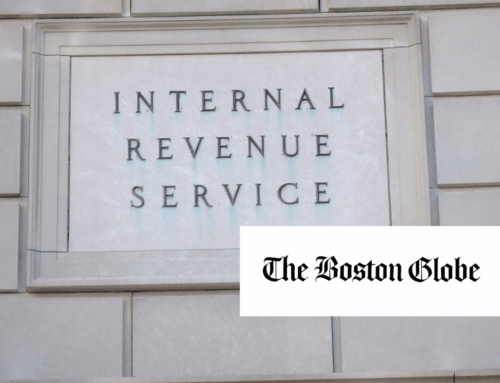The Reform Party will do a fiscal flip-flop if it embraces and nominates Pat Buchanan.
At stake is whether the Reform Party will maintain its commitment to reducing the national debt.
In its founding principles, the Reform Party is fiscally conservative. Republican presidential contender Pat Buchanan is not, at least by the terms of the current debate on federal budget and tax policy.
On fiscal issues, the Reform Party's priorities are clear. The budget plank in the 1999 Reform Party platform says, “Use any budget surpluses generated to pay down the debt, they should not be used to fund tax reductions nor to fund new programs.” The platform calls for tax reform, not tax cuts.
But Buchanan believes that even the fiscally reckless $792 billion Republican tax cut plan vetoed by President Clinton does not go far enough. He gives it only “two cheers” and says he would push a more dramatic cut.
Some observers might argue that the Reform Party should build on the bedrock of its principles instead of throwing them overboard. At its best, the Reform Party may help renew American politics from the center by addressing the problems left unsolved by the two major parties. Focusing on reducing the national debt may be a good way to appeal to young voters who have little allegiance to the two major parties and who could form the long-term base for the Reform Party.
If the Reform Party abandons debt reduction, it may confuse voters and feed the perception that it is not a party of enduring principles. In 1992, the father of the Reform Party, Ross Perot, did a great national service by forcing the two major parties to get serious about balancing the federal budget. This is arguably the Reform Party's biggest achievement.
Perot's accomplishment is endangered. Republicans in Congress continue to advocate a major tax cut. They would pay for it with a non-Social Security budget surplus that does not exist. Meanwhile, Democrats propose unaffordable major new spending plans. They want to expand Medicare's mission even while it faces serious financial troubles.
In 2000, the Reform Party has the moral authority to reject both parties' flawed fiscal policies, and to challenge them to commit to paying down the national debt. The Buchanan candidacy would rob the American people of a key voice in the fight to reduce the national debt.











Get Social